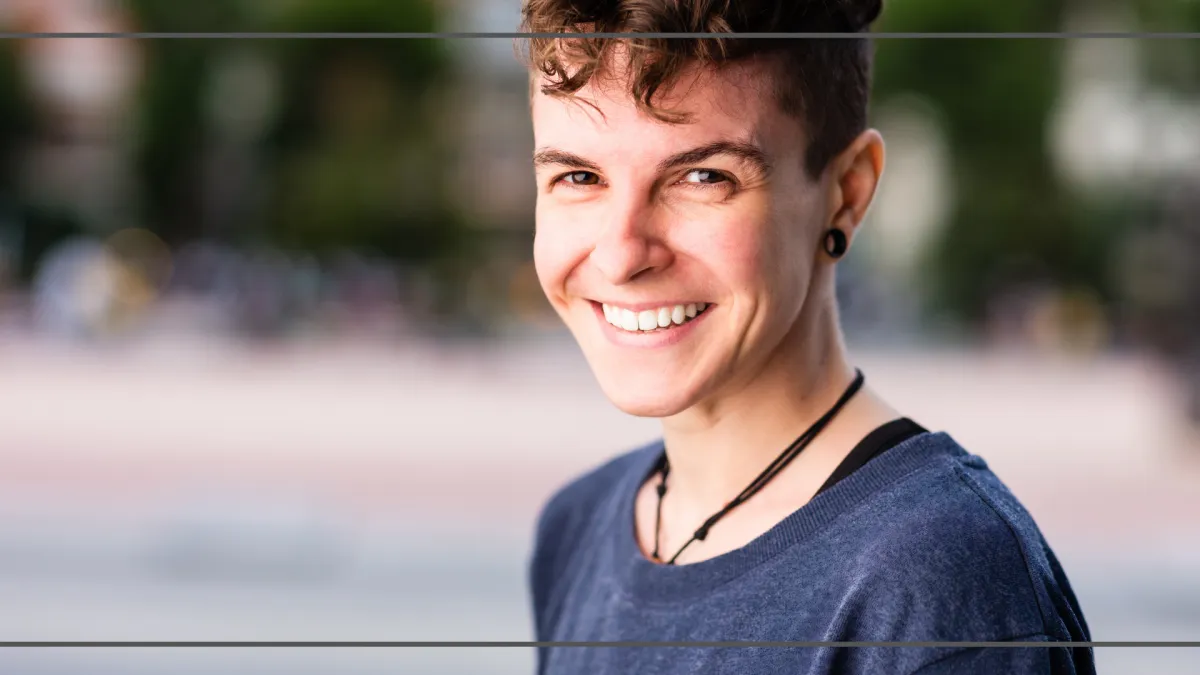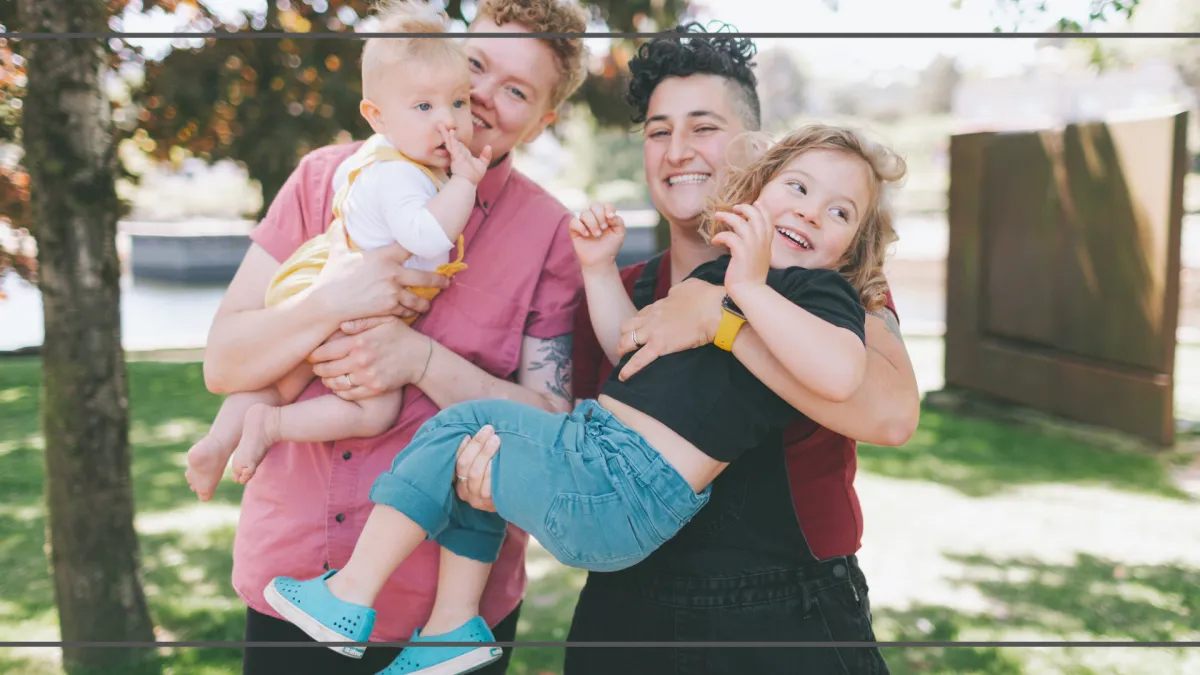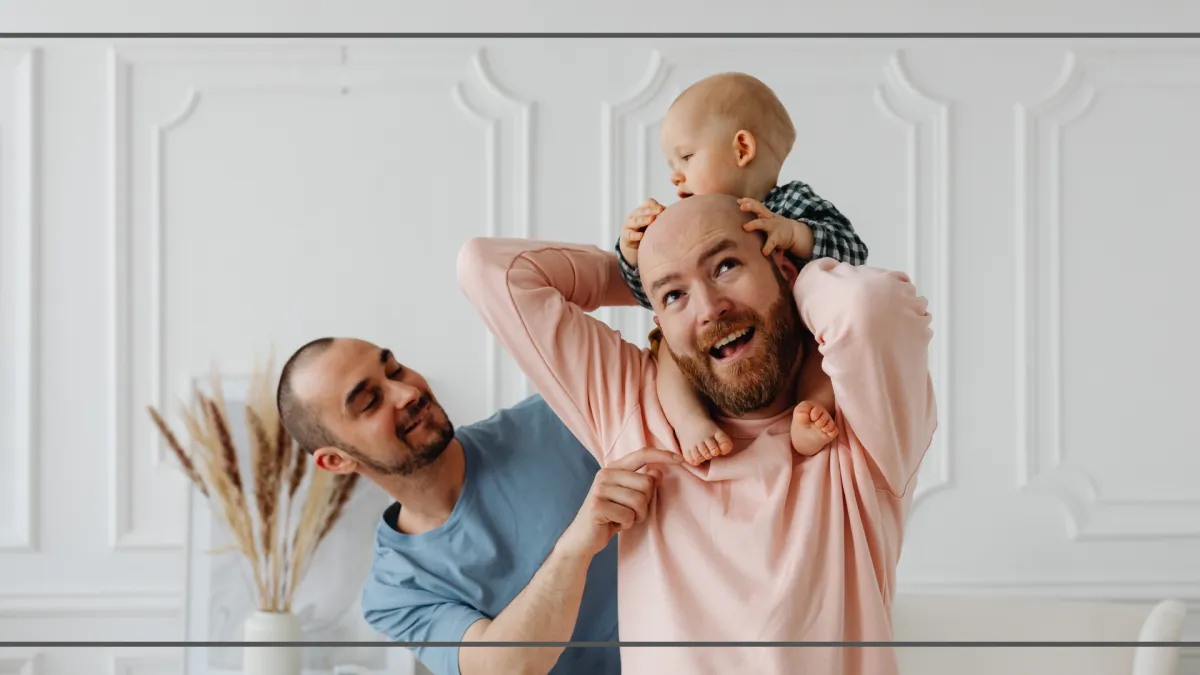Dear Past, Thanks for all the lessons.
Dear Future, I'm ready to kick ass.
Welcome to FlowArt Therapy, established in 2016 by Dr. Misty Gibson. Our practice is all about supporting neurodivergent and queer folks with a fresh, inclusive approach to mental health. Dr. Misty, with her extensive credentials (PhD, LMHC, LCPC, LCPAT, ATR-BC, CST, ACS, ATCS, NCC, BC-TMH), is a specialist in neurodivergent and queer concerns and an AASECT Certified Sex Therapist.
Our awesome team of therapists are trained and passionate about working with neurodivergent folx and queer folx, as well as people in open relationships, polyamorous dynamics, relationship anarchy, and the BDSM community. Under Dr. Misty’s expert guidance, we focus on providing affirming and culturally competent care for those who are often marginalized by traditional mental health services. At FlowArt, we celebrate your individuality and offer innovative, tailored care that respects and values your unique journey.

Unmasking Neurodivergence in Adults: A Journey to Authentic Living
Unmasking Neurodivergence in Adults: A Journey to Authentic Living

Unmasking, the process of revealing one’s authentic self by shedding societal expectations and behaviors that hide true identity, is particularly resonant for neurodivergent adults. For many, years of camouflaging their neurodivergence—be it ADHD, autism, or another form of neurodiversity—have been a survival strategy in a world that often prioritizes conformity. This blog aims to guide neurodivergent individuals through the unmasking process, fostering a journey towards authentic living.
Understanding Unmasking
Unmasking is more than just stopping a behavior; it’s about embracing your true self and allowing your neurodivergent traits to be seen and valued. It involves recognizing the masks you’ve worn—perhaps being overly agreeable, suppressing stimming behaviors, or forcing yourself into uncomfortable social situations—and gently letting them go.
Why Unmask?
The decision to unmask is deeply personal but comes with several benefits. It can lead to increased self-esteem, better mental health, and more authentic relationships. When you stop expending energy on hiding your true self, you have more resources to invest in your passions, relationships, and personal growth.
Steps to Unmasking
Self-Reflection: Begin by identifying the ways you mask your neurodivergence. Understanding what you hide and why can help clarify what aspects of your authentic self you’d like to reclaim.
Educate Yourself and Others: Learning about neurodiversity can empower you and help others understand your journey. Education fosters empathy, making unmasking a shared experience rather than a solitary struggle.
Seek Support: Find communities, either online or in-person, where neurodivergence is understood and celebrated. Support from others who have gone through or are going through the unmasking process can be invaluable.
Set Boundaries: Learning to say no and setting boundaries are crucial aspects of unmasking. They protect your energy and create the space needed for you to be your authentic self.
Take Small Steps: Unmasking doesn’t happen overnight. Start with small changes in safe environments and gradually extend these to more challenging contexts.
Embrace Self-Care: Unmasking can be emotionally taxing. Prioritize self-care practices that replenish your energy and reinforce your sense of self.
Celebrate Your Neurodivergence: Find joy in the traits and perspectives that your neurodivergence brings. Embracing your unique way of interacting with the world is at the heart of unmasking.
Challenges and Considerations
While unmasking can be liberating, it’s not without its challenges. Social stigma, misunderstanding, and the potential for rejection are real concerns. It’s important to weigh the benefits and risks in different areas of your life, like work, family, and social circles. Remember, unmasking is a personal choice and journey; it’s okay to choose when, where, and with whom to share your authentic self.
Intersectionality and Unmasking
For neurodivergent individuals within the LGBTQIA+, polyamorous, and kink communities, unmasking can intersect with other aspects of identity. The process may involve navigating multiple layers of self-discovery and acceptance. Embracing your full identity, including neurodivergence and sexual or relationship orientations, is a powerful step toward living authentically.
Conclusion
Unmasking neurodivergence is a courageous step towards living authentically. It’s a deeply personal journey that can enhance your quality of life, relationships, and sense of self. By embracing your neurodivergent traits and removing the masks you’ve worn, you open the door to a life where you can be truly seen and valued for who you are. Remember, you’re not alone in this journey, and there’s a vibrant community ready to support you every step of the way.
About Dr. Misty Gibson

Dr. Misty began FlowArt Therapy as a solo venture in 2016. As she worked alone, she realized that the unique population she serves needed more specialized mental health care than she could provide by herself. In 2020, Dr. Misty decided to expand into a group collective, inviting interns and associates to join her in practicing clinical mental health and sex therapy for neurodivergent, queer, polyamorous, and kinky individuals.
Over the years, Dr. Misty has trained many students, interns, and associates in competent, compassionate, and consent-based therapy, using a relational-cultural approach. To be a part of FlowArt Therapy, it’s essential that all therapists are sex-positive, neurodivergent-informed, and committed to continuing their education in these areas. Dr. Misty has transformed her practice into a collaborative teaching space, where she closely models and trains therapists in these focused methods.
Together with her colleague and business partner, Michell Brockman, Dr. Misty is expanding the reach of FlowArt. They’re working on bringing on-demand learning opportunities to the public and to clinical mental health practitioners about the intersection of neurodivergence and queer identities through FlowArt Academy, The Sparkle Newsletter, The Sparkle App (coming soon), and the Neurosparkly podcast.
What's On
Check out the things we are working on within FlowArt and beyond!
Check Out Our News!
Our newsletter, The Sparkle, is chock full of great articles and insights focused on neurodivergence, queer identity, and other amazing content. We often have cool freebies included too, so don't miss out!
FlowArt Therapy
Dr. Misty's group practice that inspired it all, is always taking new clients! We focus on queer issues and neurodivergent humans, particularly adults who are newly exploring their neurodivergent identities, as well as polyamorous and kinky folx! Let's get you started on therapy!
On Demand Courses
The courses on FlowArt Academy are focused on topics for neurodivergent and queer folx and the people who love them. We provide great learning to bring awareness and support for neurodivergent/queer/adjacent identities.
Listen to Our Podcast!
Our podcast, Neurosparkly, is funny, insightful, and genuine, and we'd love it if you check it out! Neurosparkly publishes a new episode every week where we share our thoughts and have great conversations & guests!
FlowArt's The Sparkle App
We’re excited to be developing The Sparkle App, bringing you daily content on courses and programs focused on neurodivergence and queer identity, as well as bespoke programs specific to your learning interests. Stay tuned for an amazing experience designed just for you!
If you are in crisis, please do not use this site. For more crisis services and information about police intervention, please click the button below:
If you or someone you know is in immediate, life-threatening danger and decide to call 911, please be aware that police are not equipped to offer mental health support and may even pose danger to People of Color, Neurodivergent people and Disabled people.
Please ALSO reach out to community leaders, neighbors, friends, and family to be present if you are calling the police.
Please note that some crisis line workers are mandated to report calls regarding suicide to the police. If this is a concern, we encourage you to first ask about their reporting policies before sharing.
© 2024 FlowArt
The information contained in this Web site and from it's resources is for general guidance on matters of interest only. The information contained in this website is for general information purposes only. The information contained in or through our website is not intended to provide medical advice and is not intended to be a substitute for professional medical advice, diagnosis or treatment that can be provided by your own Medical Provider (including doctor/physician, nurse, physician’s assistant, or any other health professional), Mental Health Provider (including psychiatrist, psychologist, therapist, counselor, or social worker), or member of the clergy. The website and its education resources are not be used as a substitute for consultation with a professional psychologist or other professional health or medical provider. Therefore, do not disregard or delay seeking professional medical, mental health or religious advice because of information you have read on this website or received from us. Do not stop taking any medications without speaking to your own Medical Provider or Mental Health Provider. If you have or suspect that you have a medical or mental health problem, contact your own Medical Provider or Mental Health Provider promptly.



















